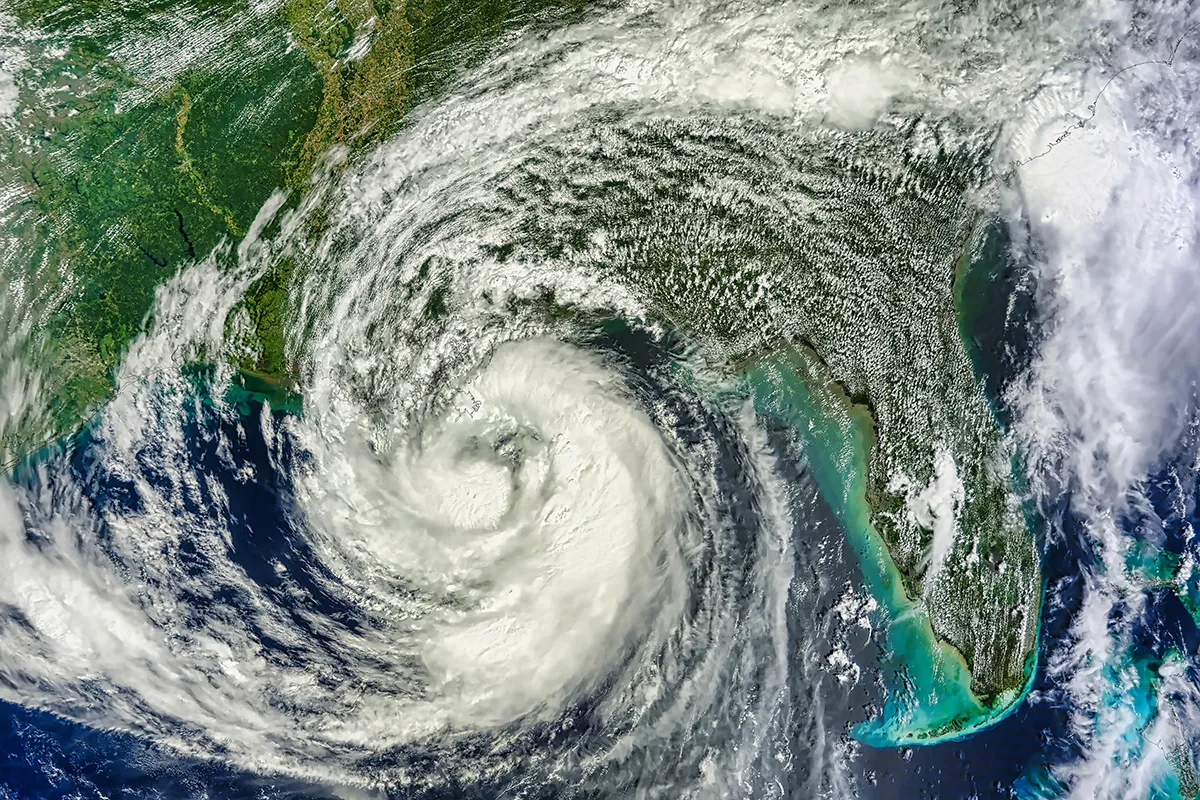
As we move through hurricane season, it is important for everyone to be prepared, especially here in Florida where storms can form and strengthen quickly. For our senior community members, preparation takes on even greater importance. At IMA Medical Group, your health and safety are always our top priorities.
This comprehensive guide on hurricane preparedness for seniors will help you plan ahead, stay calm, and protect your well-being before, during, and after a hurricane.
Before the Storm: Hurricane Preparedness for Seniors
1. Create a Personalized Emergency Plan
Don’t wait until a storm is on the horizon. Sit down with family, friends, or caregivers to develop a clear plan. Include:
2. Assemble an Emergency Kit
Your kit should be easy to access and include enough supplies for at least three to seven days. Seniors should consider adding:
3. Safeguard Your Home
Take steps to secure your home and reduce risk:
During the Storm: Staying Safe and Informed
1. Stay Informed
Monitor local news and weather updates through a battery-powered or hand-crank radio. Follow official alerts from emergency management agencies.
2. Follow Evacuation Orders
If local authorities tell you to evacuate, leave immediately. Locate shelters in advance and confirm whether they can accommodate your medical needs.
3. Prepare for Power Outages
4. Stay Nourished and Hydrated
Eat small, balanced meals and drink plenty of water. Even under stress, maintaining nutrition and hydration helps protect your health.
After the Storm: Recovery and Support for Seniors
1. Check Your Home and Neighborhood
Return home cautiously. Avoid downed power lines, gas leaks, and structural damage.
2. Check on Loved Ones
Reach out to family, friends, and neighbors — especially other seniors — to ensure everyone is safe.
3. Address Health and Safety Concerns
4. Mosquito Control
Standing water can attract mosquitoes and spread illness. Drain any standing water, use insect repellent, and wear protective clothing when outdoors.
Your Health and Safety Come First
Being prepared is the best defense during hurricane season. At IMA Medical Group, we encourage all our senior patients to take these precautions seriously.
If you need help updating your emergency plan or refilling medications before a storm, contact your nearest IMA clinic. We are here to help you stay safe, healthy, and protected.
If you are not yet an IMA member, we invite you to learn more about our personalized and compassionate care. Join the IMA family today and experience the peace of mind that comes with having a dedicated medical team by your side.
🔗 Helpful Resources